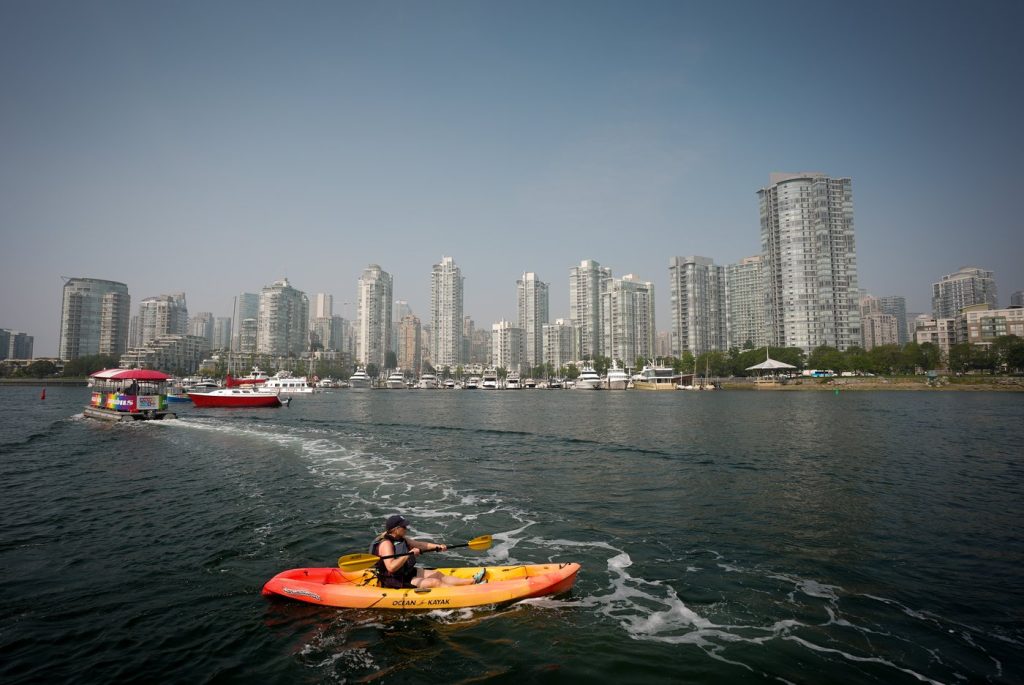VANCOUVER – British Columbia is experiencing unprecedented temperatures, with all-time Canadian record levels for the month of September being recorded for the second consecutive day. Hot and smoky conditions continue to affect much of the province, posing serious health and safety risks to residents.
On Wednesday, September 3, 2025, temperatures soared to a record-breaking 40.8 degrees Celsius in Cache Creek, surpassing previous heat records. Just a day earlier, Lytton had matched the previously set record of 40 degrees Celsius in Manitoba. Cache Creek is located approximately 85 kilometers west of Kamloops, and it was one of 16 locations across the province that set daily heat records on that day.
The extreme weather has prompted the issuance of six heat warnings in various areas, including the Fraser Canyon, Thompson region, Boundary, and 100 Mile. Residents in these regions are advised to take precautions to protect themselves from the dangerous heat.
In addition to the heat, over 30 air-quality alerts have been triggered, affecting much of British Columbia, including the densely populated Metro Vancouver. Residents woke to another hazy day, although the air-quality health index showed some improvement, dropping from a maximum level of 10-plus to a slightly more manageable level. Nonetheless, the situation remains concerning, and many individuals are urged to remain indoors or wear protective masks if they need to go outside.
B.C. Forests Minister Ravi Parmar addressed the ongoing situation on Wednesday, warning that smoky conditions might deteriorate in the coming days. This caution comes as Environment Canada has issued special air-quality statements covering vast areas of the province, including regions from Metro Vancouver and the Fraser Canyon to the Thompson, Cariboo, Okanagan, Kootenay, and Peace regions.
The environmental crisis being faced by British Columbia highlights the connections between extreme weather events and the broader implications for public health and safety. This year, B.C. has been grappling with the dual challenges of record heat and smoky conditions attributed to wildfires both within the province and across the border in the United States.
These developments bring attention to the urgent need for strategies to address climate change and improve air quality in affected areas. As extreme weather events become more frequent, communities are encouraged to adapt and prepare for worsening conditions in the future. The ongoing situation in British Columbia serves as a stark reminder of the critical impacts of climate change and the necessity for immediate action to mitigate its effects.











